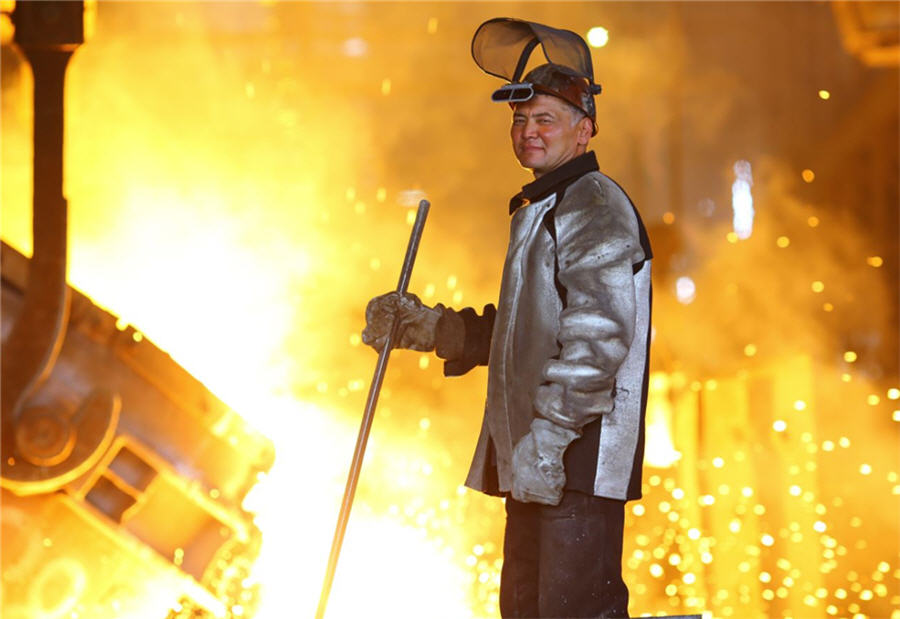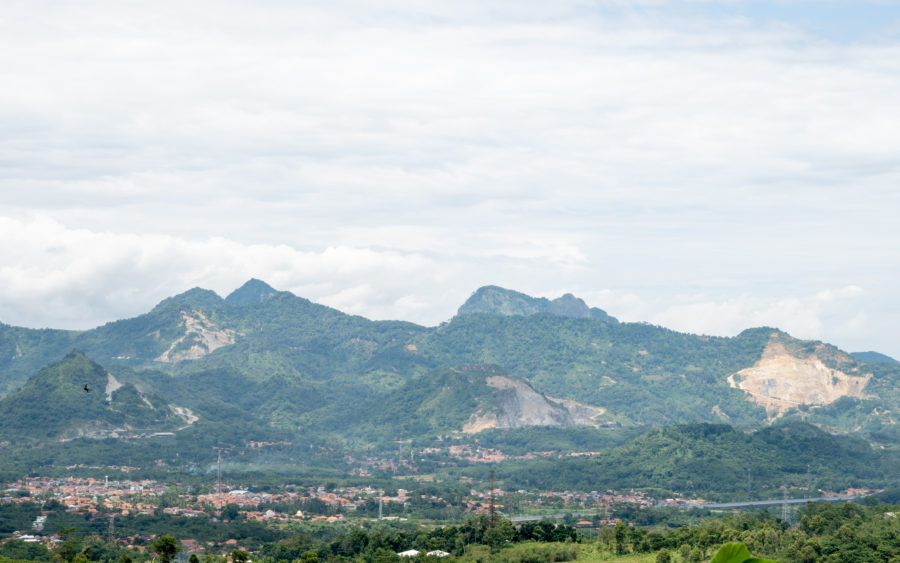ERG bets on cobalt from Congo in quest for growth

MOSCOW, Oct 9 (Reuters) – Eurasian Resources Group (ERG) plans to ramp up cobalt output at its Democratic Republic of Congo (DRC) facility as it expects the electric car industry to boost demand for the metal, ERG Chief Executive Benedikt Sobotka told Reuters.
ERG, a global mining and metals group with Kazakh roots, aims to raise cobalt output fivefold to 20,000 tonnes next year, claiming a large chunk of the booming market whose volume was around 100,000 tonnes in 2017, Sobotka said in an interview in Moscow.
The growth is expected to come from the launch of the Metalkol facility in DRC where ERG will reprocess cobalt and copper tailings – waste dumped by other miners.
ERG believes Metalkol will become one of the world’s biggest cobalt producers with output capacity of 24,000 tonnes of cobalt and 120,000 tonnes of copper cathode.
The DRC government this year enacted a new mining code, which imposes a windfall profits tax, raises royalties and cancels so-called stability clauses that had protected miners against changes to the fiscal regime for 10 years.
Major mining companies such as Glencore and Randgold have opposed the code, saying the tax hikes and the removal of exemptions for pre-existing operations were a breach of their agreements with the government.
But Sobotka indicated ERG, which posted a core profit of more than $2 billion in 2017 and expects to boost that number this year on record output at all units, was committed to its DRC operations.
“If you want to be a cobalt market player, DRC is the place to be. It has 70 percent of global (cobalt) reserves,” Sobotka said.
Organic growth
Cobalt is a key ingredient in the lithium-ion batteries essential for electric energy storage, and the DRC produces more than half of the world’s supply.
ERG has two other copper and cobalt mining units in DRC and owns a smelter in neighbouring Zambia which refines both metals. This year, it will produce 4,000 tonnes of cobalt and 150,000 tonnes of copper.
Next year, output is set to grow to 20,000 tonnes and 230,000 tonnes respectively, Sobotka said.
He said growth in the electric car industry would reshape demand for cobalt, lithium, copper and aluminium in coming years, and ERG planned to increase its output accordingly.
“Our plan is to boost cobalt capacity to 50,000 tonnes and copper to over 350,000 tonnes,” Sobotka said.
He provided no details of the expansion plans, but said ERG, in which the Kazakh government owns a 40 percent stake, aimed for organic growth and the development of its own projects.
The group’s cobalt output will mostly come in hydroxide form, which is used to produce batteries for electric cars and electronic devices.
Congolese cobalt, however, faces another problem aside from increased taxes – some consumers are concerned about the use of child labour at the country’s artisanal mines.
The London Metal Exchange said last week it was preparing plans that will allow it to clamp down swiftly on cobalt brands on its approved list thought to be tainted by human rights abuses.
To address the issue, ERG plans to use a blockchain-based tracking system that would guarantee the “ethical purity” of its cobalt, Sobotka said.
(By Diana Asonova, Olzhas Auyezov; Editing by Dale Hudson)
More News
{{ commodity.name }}
{{ post.title }}
{{ post.date }}




Comments